Japanese traffic rules
Here are the traffic rules you need to follow when driving in Japan
Keep left
In Japan, as in places like Hong Kong and Macau, the road drives on the left. When driving on the highway, the right line is also an overtaking line.
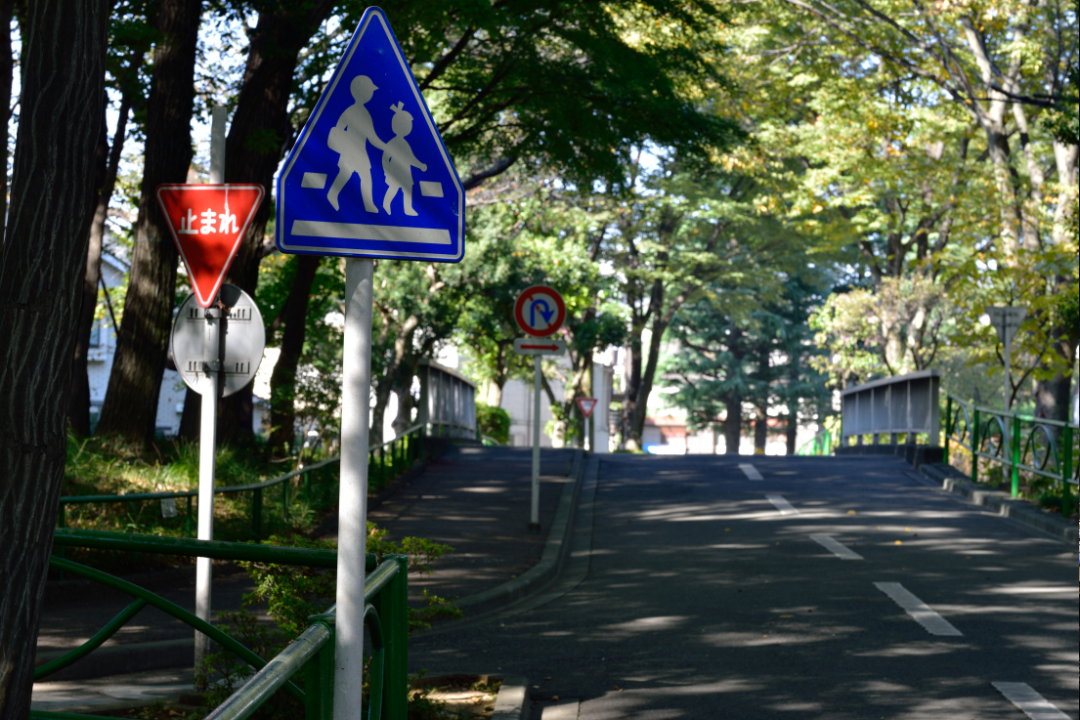
Major traffic signs in Japan
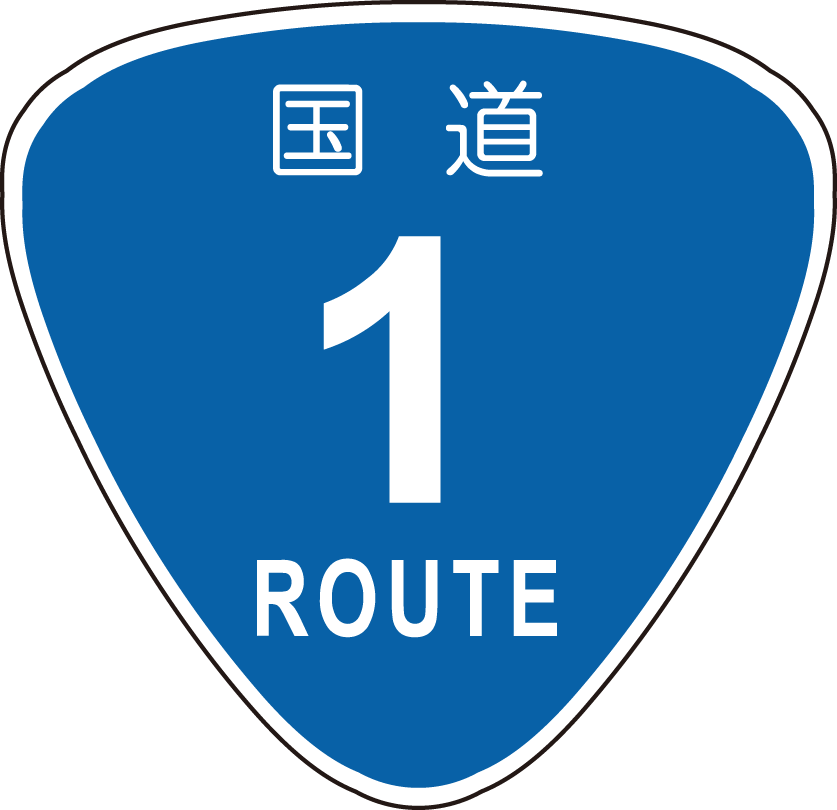
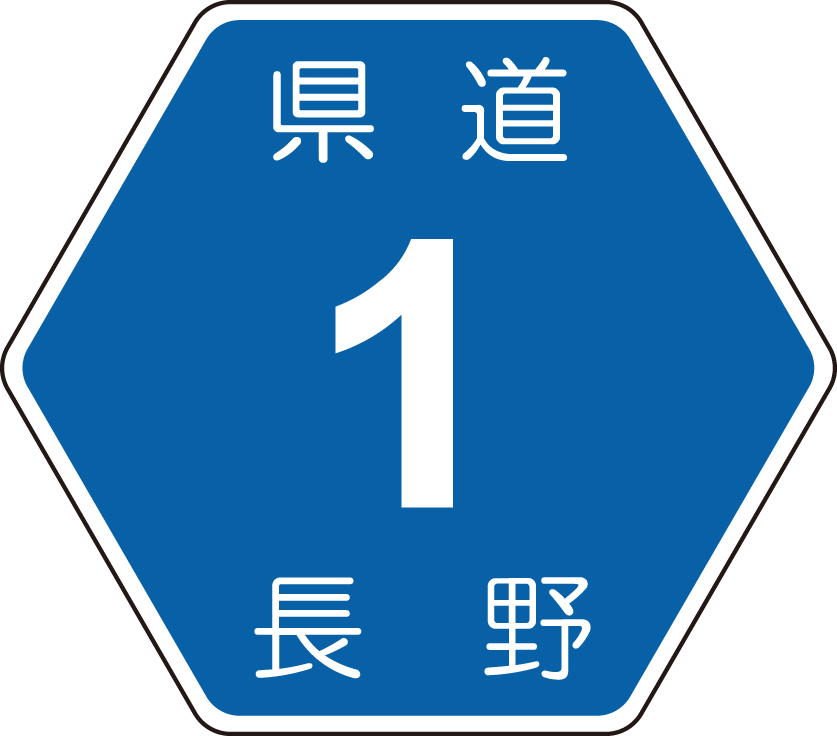
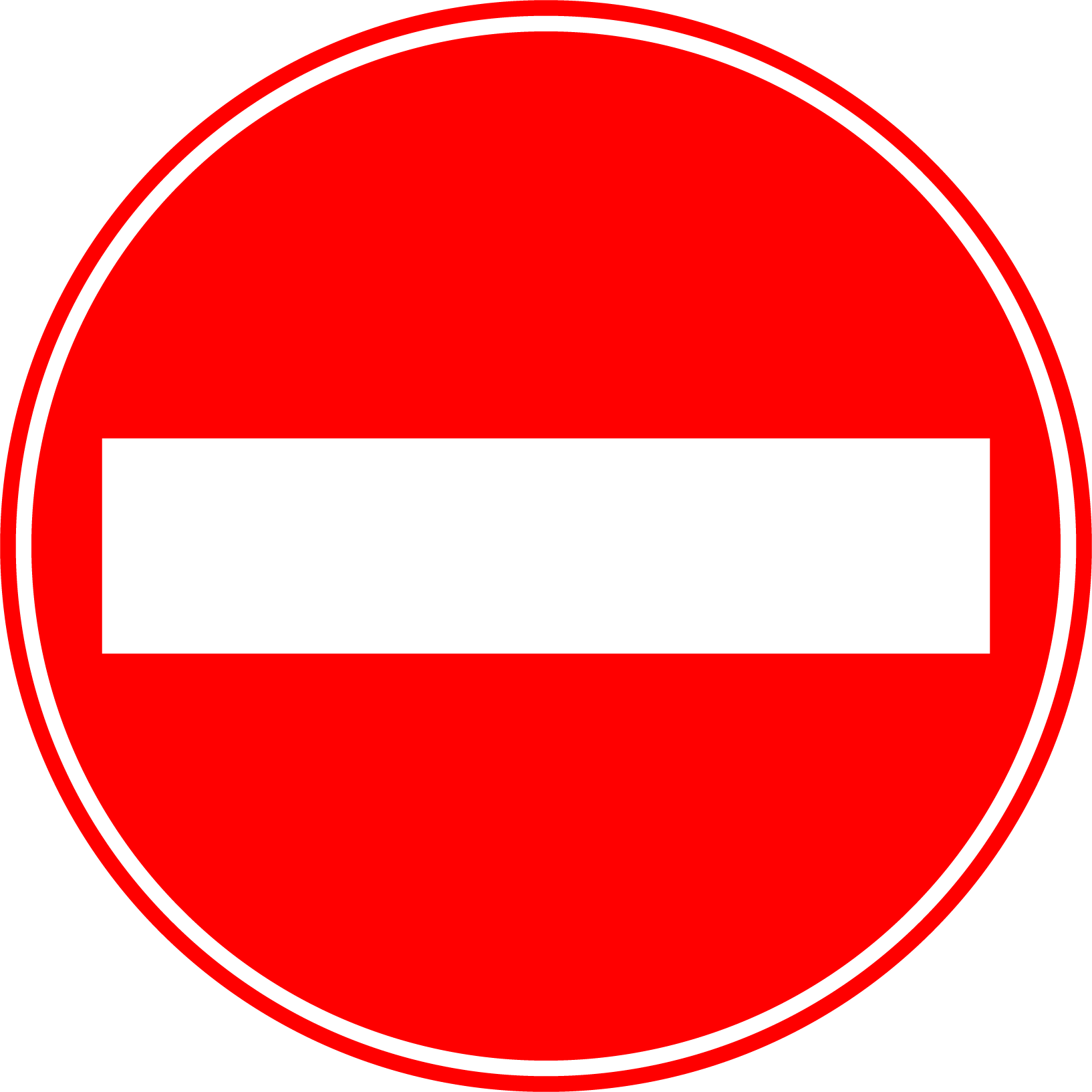
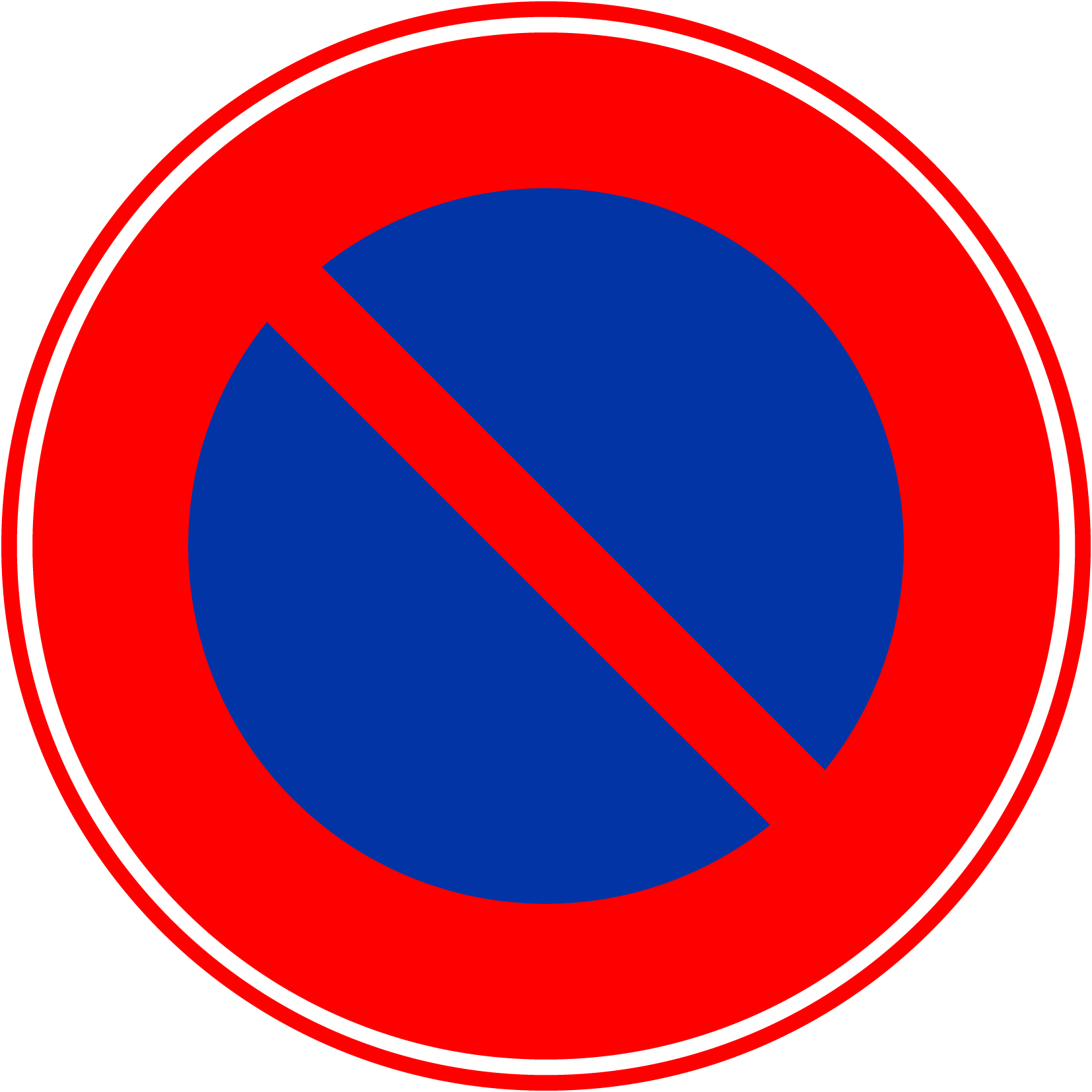
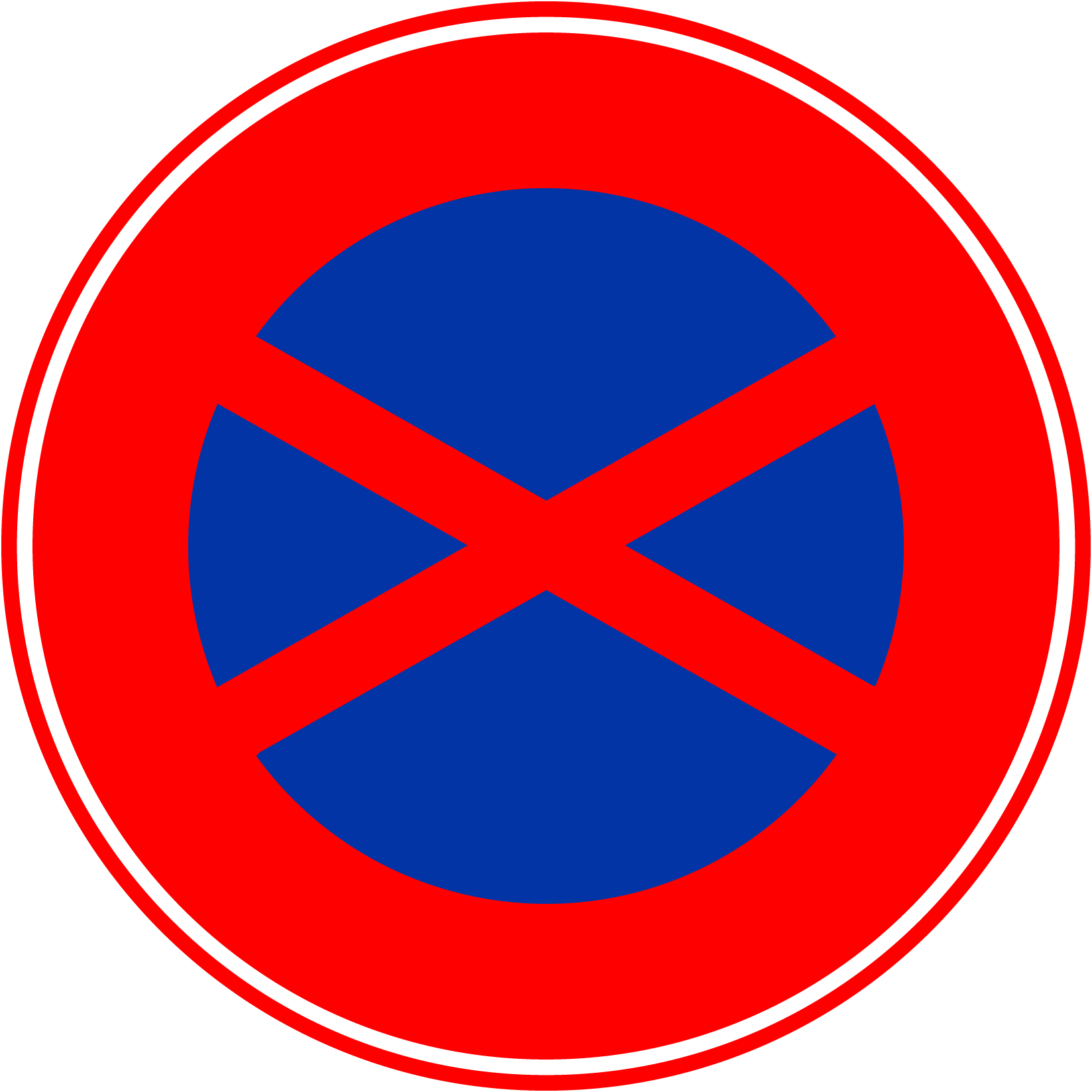
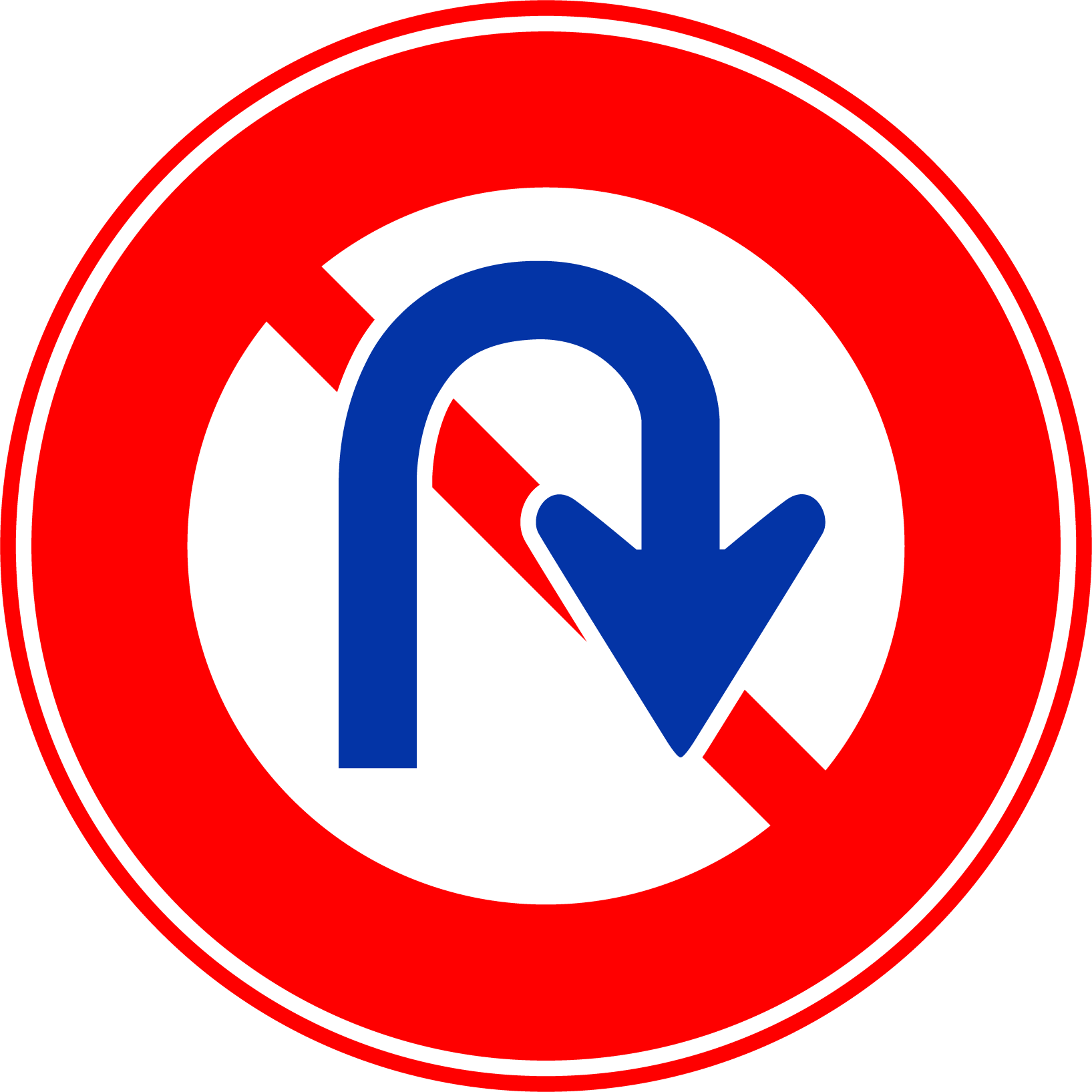

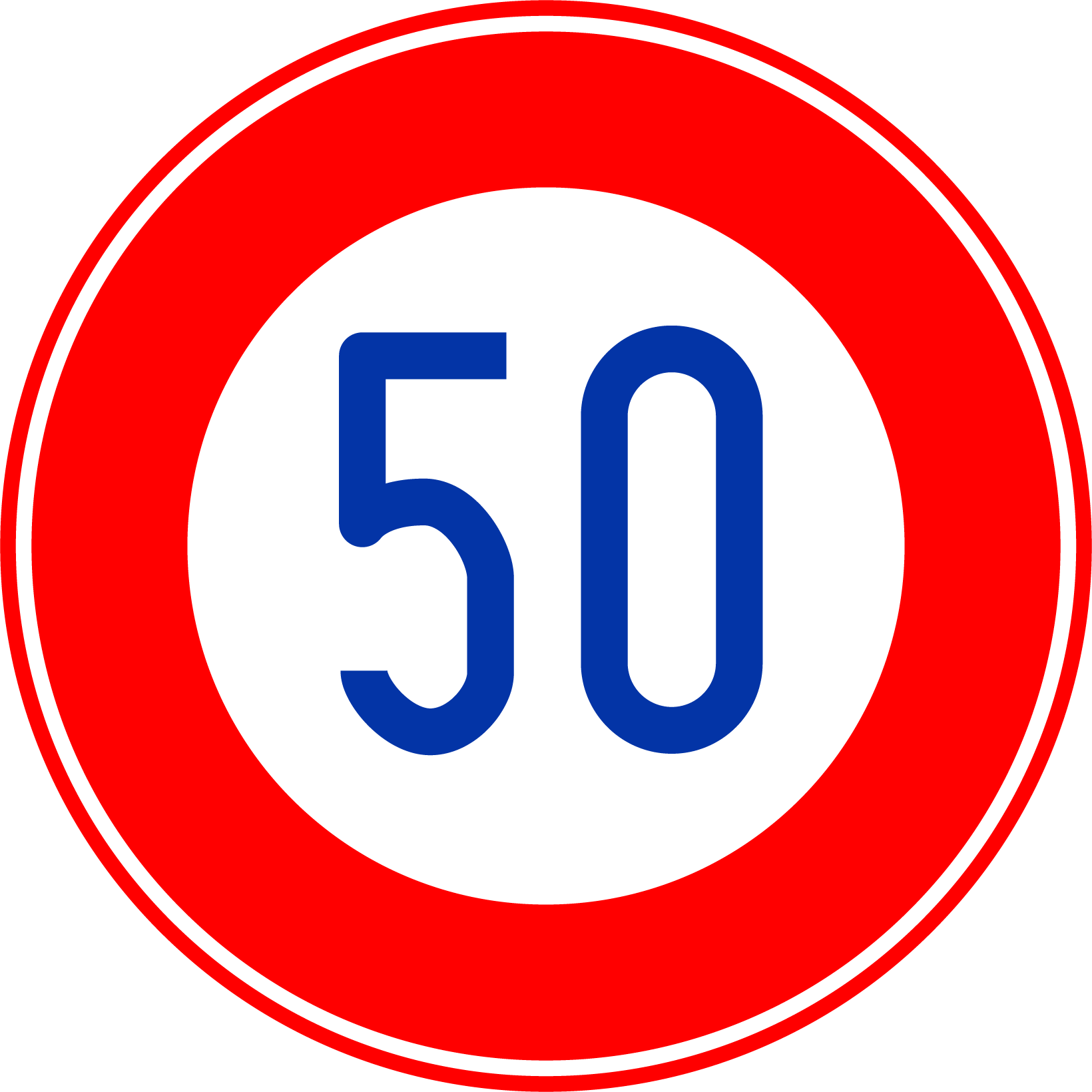

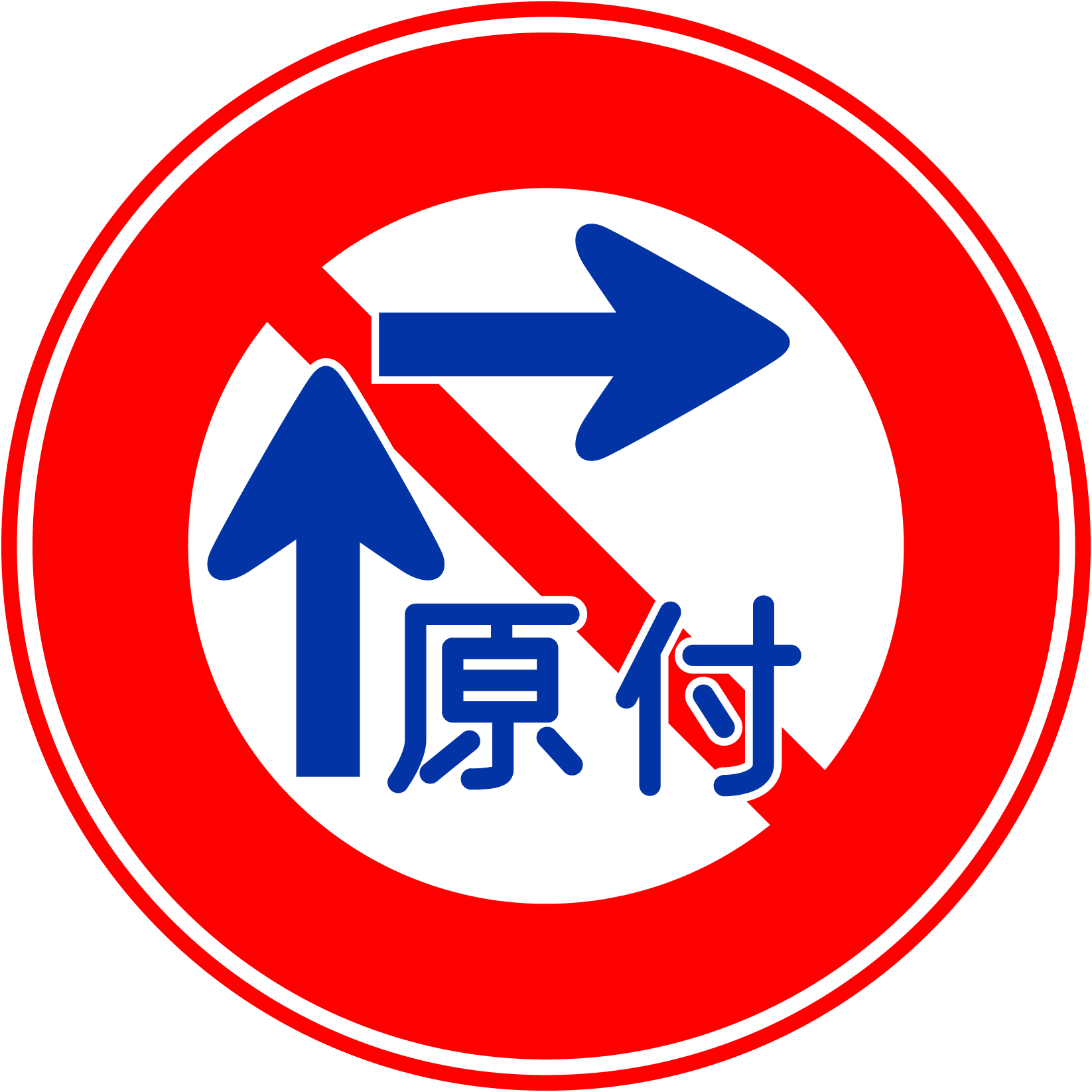

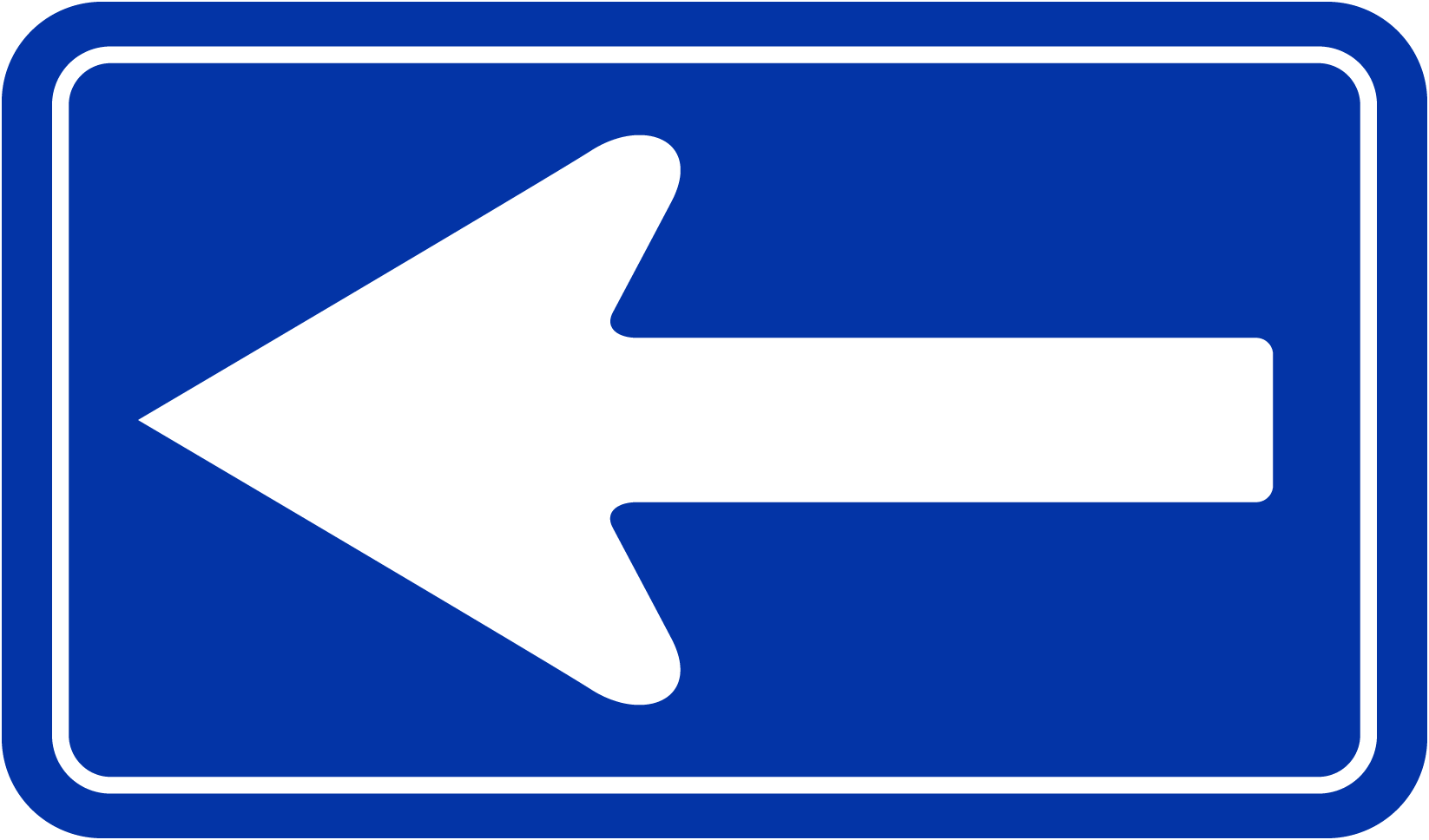
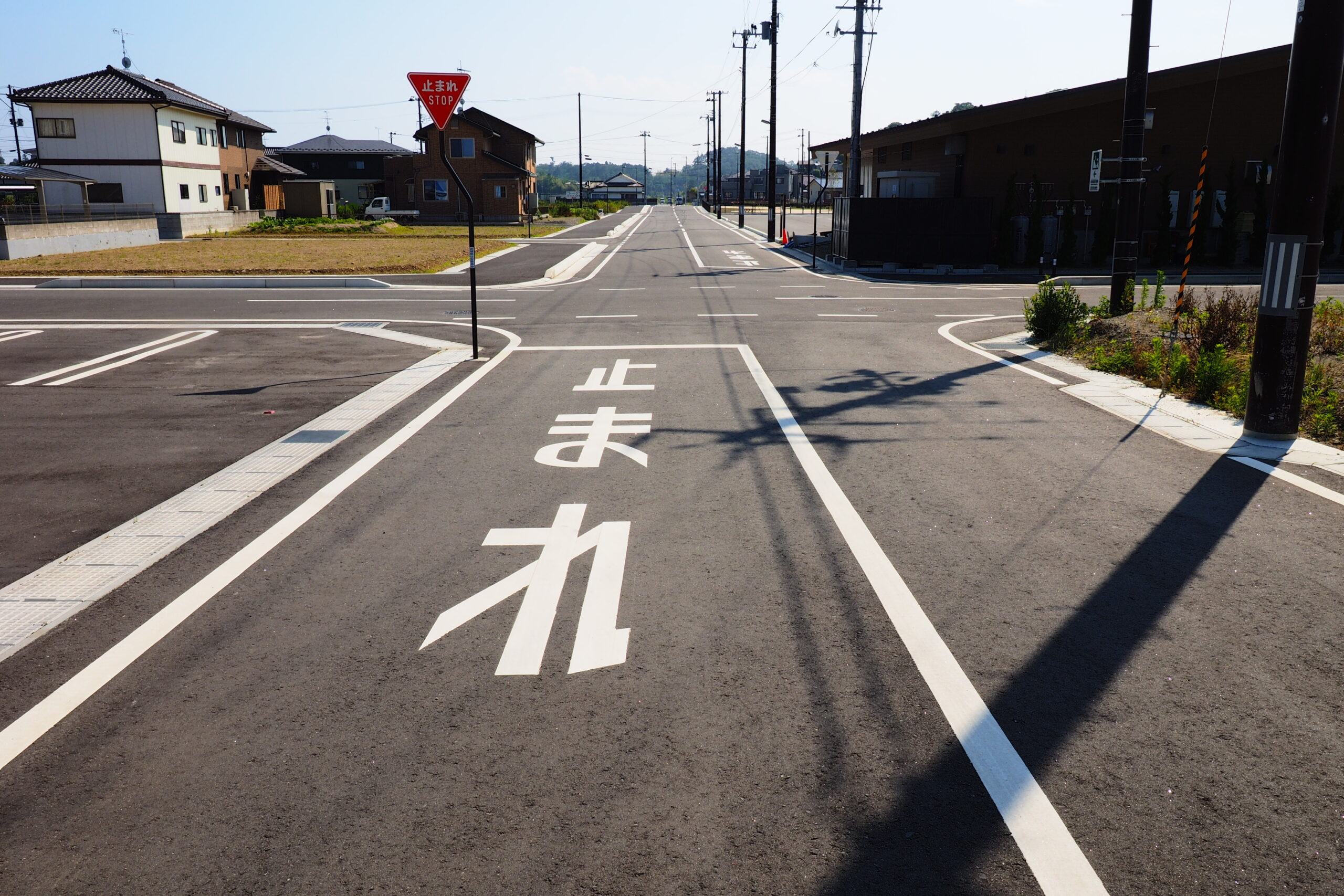
Stop signs (whether street signs or signs on the ground) usually appear at road junctions, route junctions, and special public places such as schools, hospitals, etc. This sign is for vehicles or pedestrians to pass safely.
The point is that you have to stop your vehicle completely. When driving a motorcycle, your footboard touches the floor to stop the vehicle completely. If you travel in a group, all vehicles must be stopped.
*If you see a red traffic light similar to a railway junction, when the red light flashes, you must stop even if there is no stop sign.
Speed limit
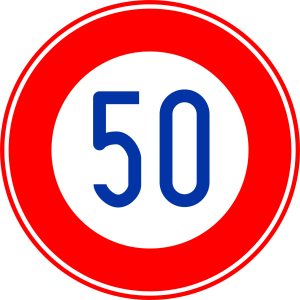
Most speed limit signs appear along the road. If there is no speed indicator on the road, the maximum speed limit in Japan is 100km/h on national highways and 50km/h on other roads.
But most expressways go 90km/h, and some will be 80km/h. Speed limits are subject to change due to weather conditions, so please pay attention to the speed markers.
Road signs
overtaking

The rules for overtaking in Japan are similar to those in other countries, you can refer to the icon.
White dotted line: There are no special restrictions, you can cross the line and overtake the car in front.
Solid white line: Usually in front of special road sections or junctions, the line cannot be crossed.
Solid yellow line: Usually in front of special road sections or junctions, you cannot cross the line and overtake the car in front.
Special roads
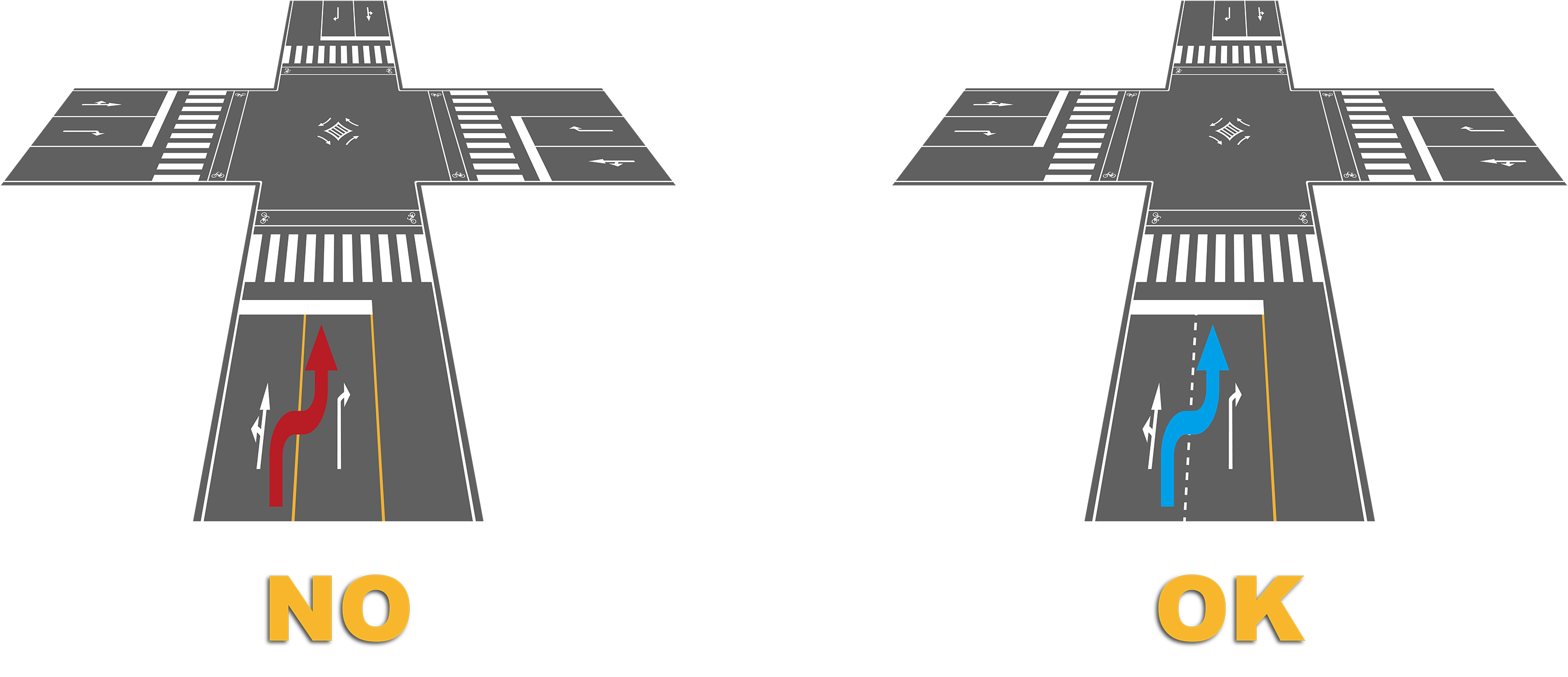
At intersections, there are usually arrows on the road indicating the direction in which you can travel. In general, the rightmost line can turn right, the middle line forward, and the leftmost line turn left.
If you do not follow the directions on the ground, you may be involved in a traffic accident. So it’s very important to drive on the right route. At the intersection about 30 to 40 meters it will change to a solid yellow line, in which case you cannot change the line and you must follow the directions indicated on the ground. Before passing an intersection, drive slowly and carefully check the directions indicated on the ground.
zebra crossing

Pedestrians and bicycles can give priority to zebra crossings. When crossing zebra crossings, please ensure that there are no pedestrians and bicycles passing on the left and right steps. If a pedestrian is preparing to cross a zebra crossing, let the pedestrian pass first.
Keep an eye out for trams passing!
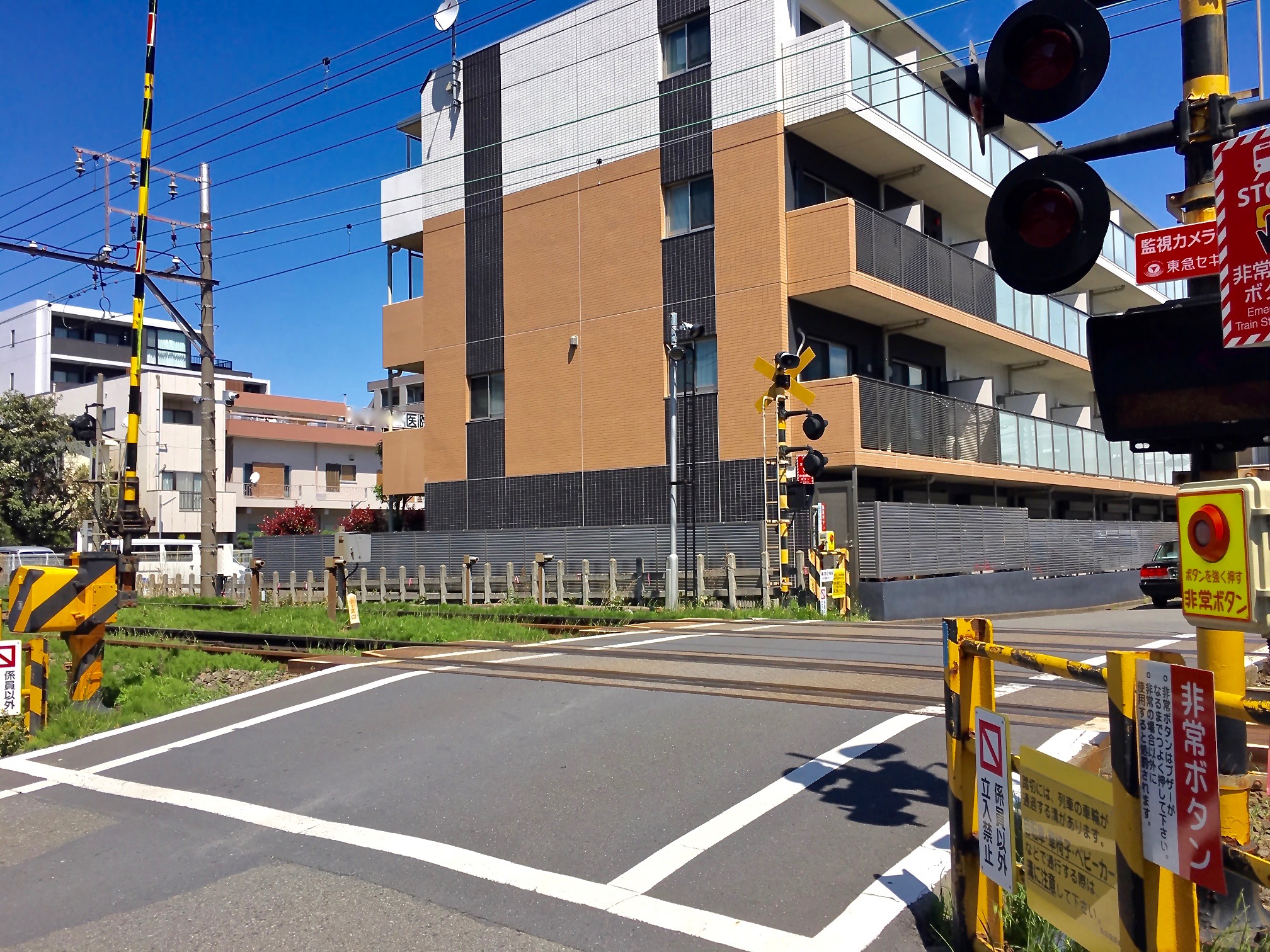
Before the level crossing, it is necessary to stop completely, even if the gate is completely open.
If you fail to comply with the regulations, you may be subject to fines.
The meaning of various traffic lights and light signals
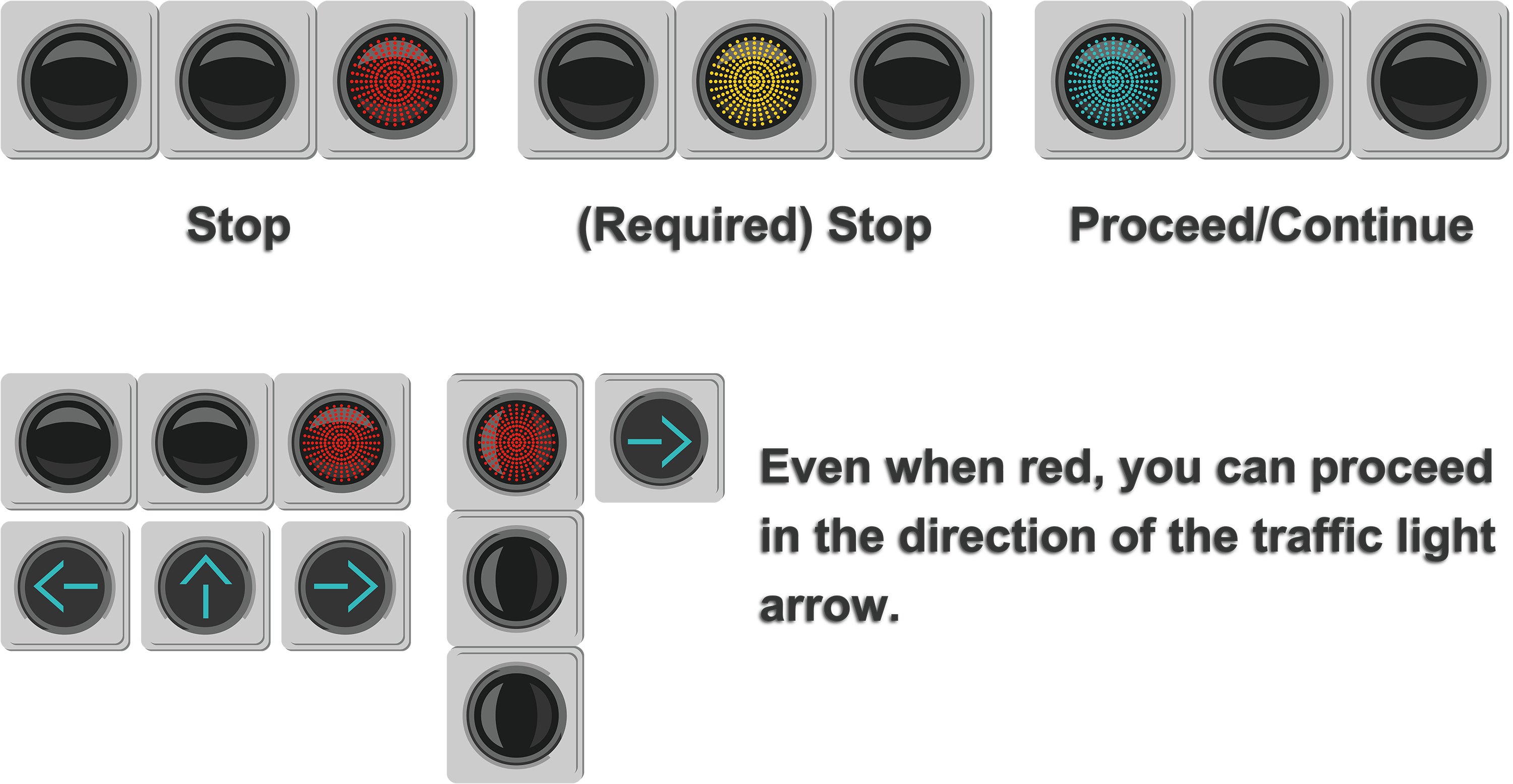
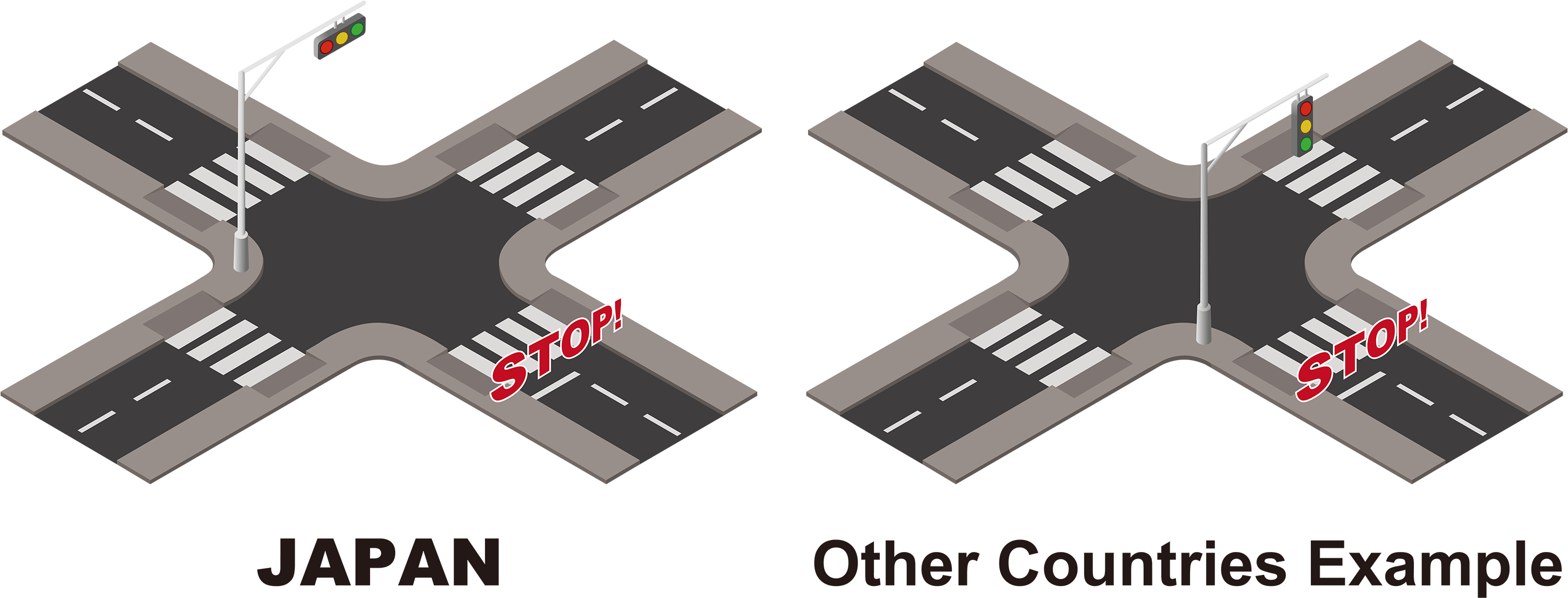
In Japan, many traffic lights have arrows indicating the direction in which to go.
If the direction your traffic light is pointing in green, such as an icon, you can drive in that direction.
In addition, most traffic lights will be installed on the opposite side of the road (such as icons), so remember to pay attention to the traffic lights on the opposite road at intersections.
Traffic rules for vehicles 50cc or less
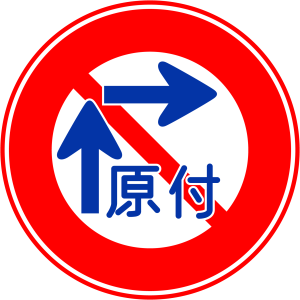
- Passengers cannot be carried
- Maximum speed: 30 km/h
- You must drive within one meter on the left side of the road
- You cannot drive on highways
- To turn right on a three-line horse, a two-stage turn must be used. In some cases, you cannot use two-stage turns (such as icons)
Toll highways
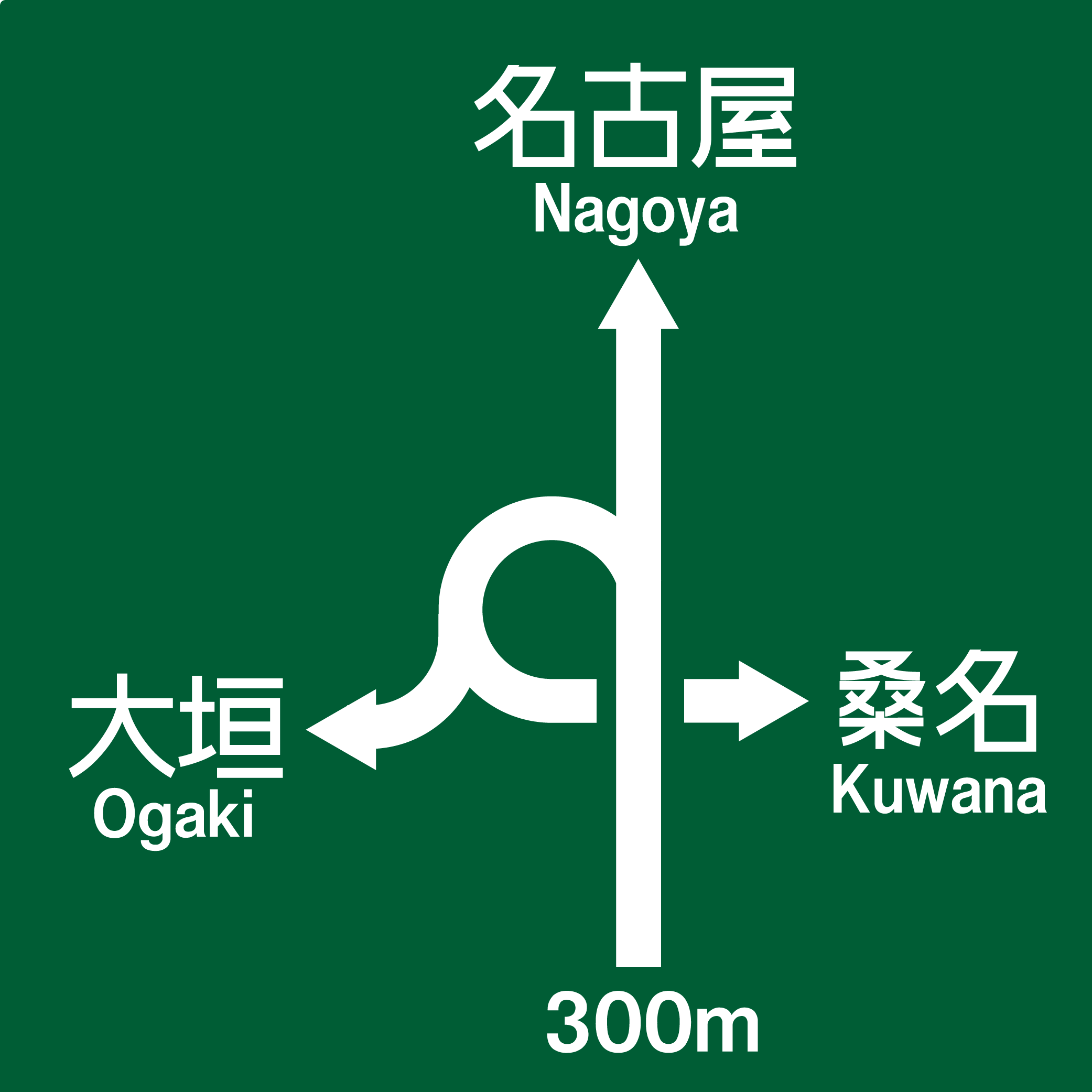
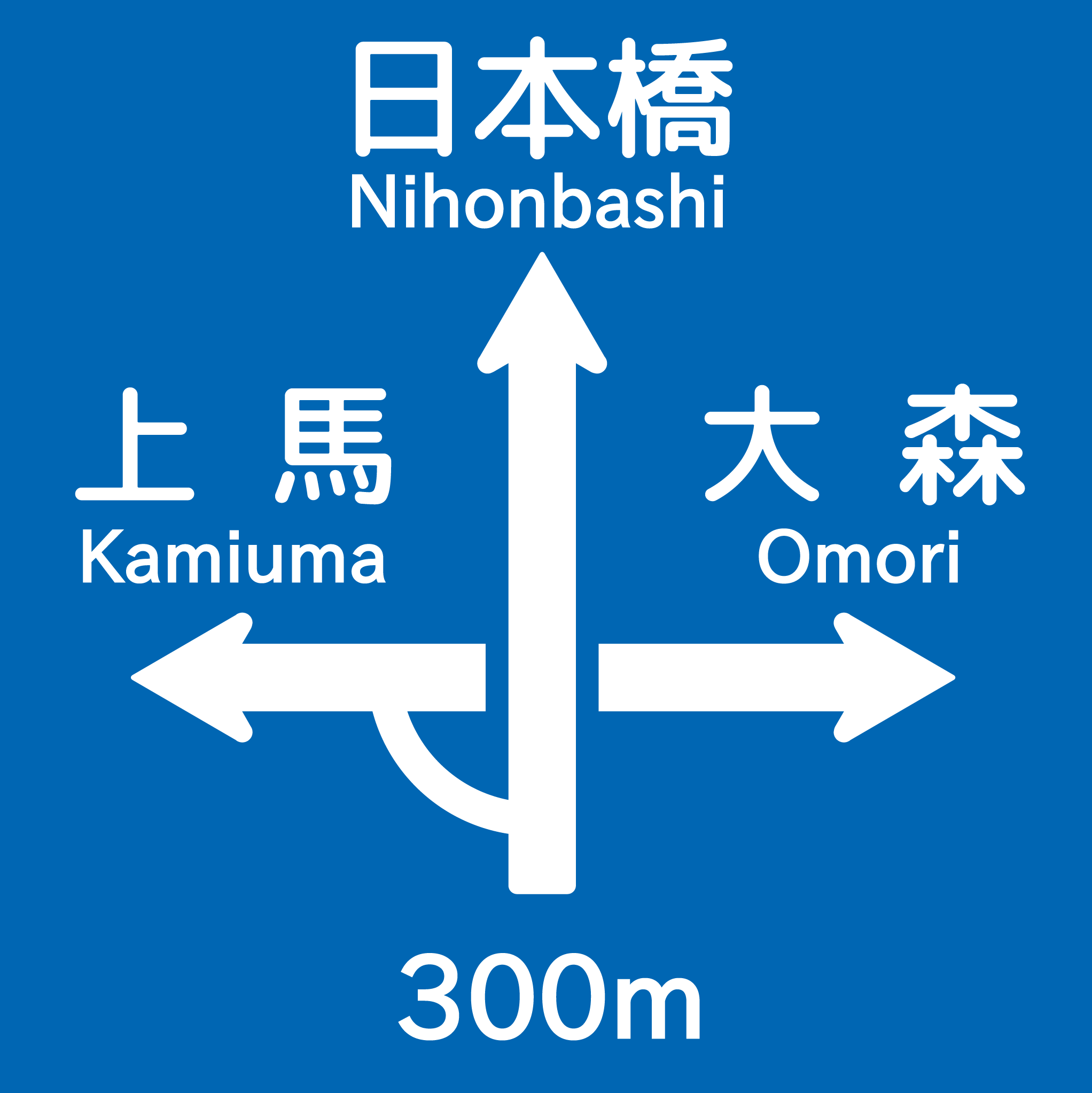
Places to pay attention to on the Tokyo Metropolitan Expressway
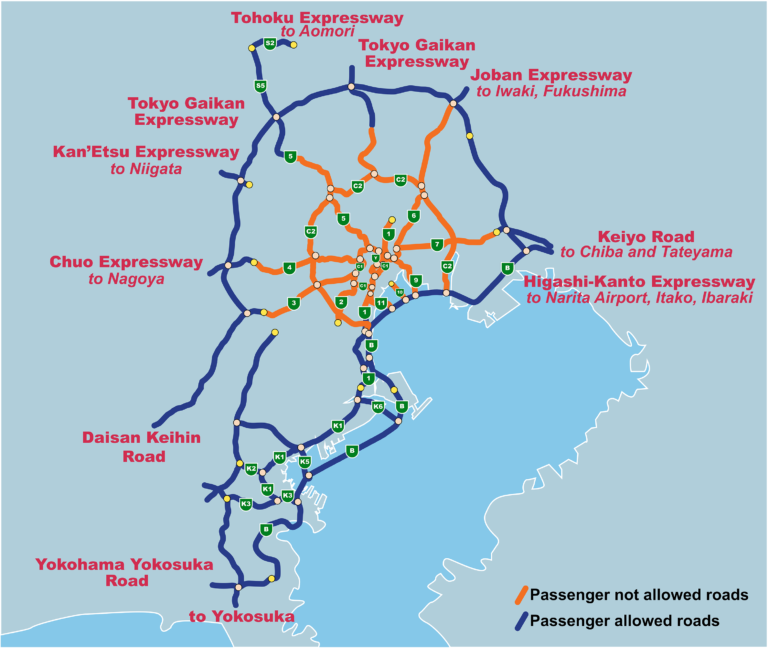
Wireless Payment System (ETC)
In Japan, wireless payment systems (ETC) can be used to pass toll gates on toll expressways. Please refer to the following links for details:
About parking
In the city it is necessary to park the vehicle in the left parking area. If you park illegally on the road, the law enforcement officer will issue you a ticket.
Vehicles under 50cc can be parked in bicycle parking, motorcycles above 50cc are recommended to be parked in motorcycle spaces, but parking in private parking spaces is also legal.
Usually the hotel you are staying at will indicate where you can park (the fee is according to the store’s instructions), if you use the supermarket, department store or shopping mall parking, please first check the terms of use with them. Generally, you cannot park for a long time in the parking lot of a convenience store.
What should I do if I receive a violation ticket?
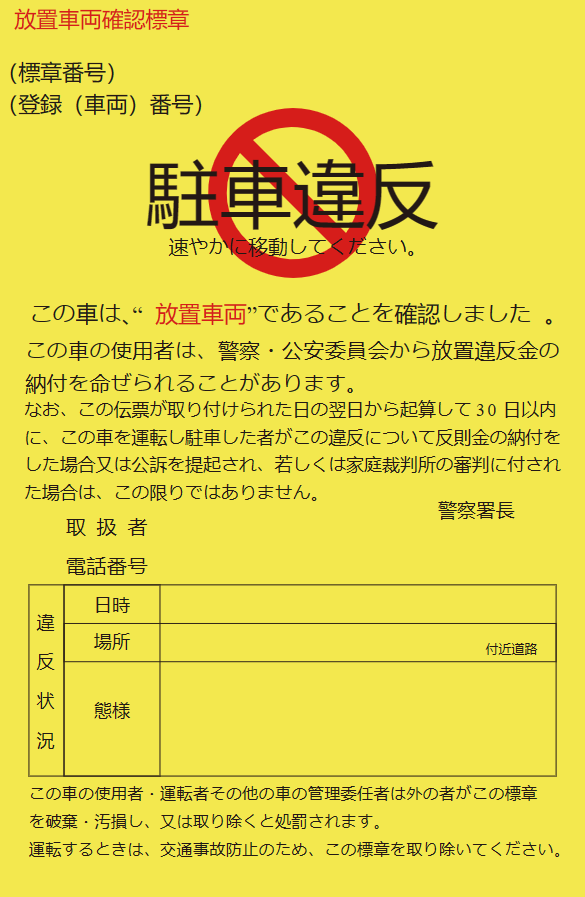
If you park illegally on the road, the law enforcement officer will issue you a ticket.
You will receive a parking violation ticket (parking violation) and you will need to go to the responsible police station to complete the formalities and pay the fine.
If you do not follow the instructions to the police station and pay the fine before returning the car, we will charge you the fine plus an additional fine of 20,000 yen.
If you want to find out more about Japan’s road rules, click on the links below.